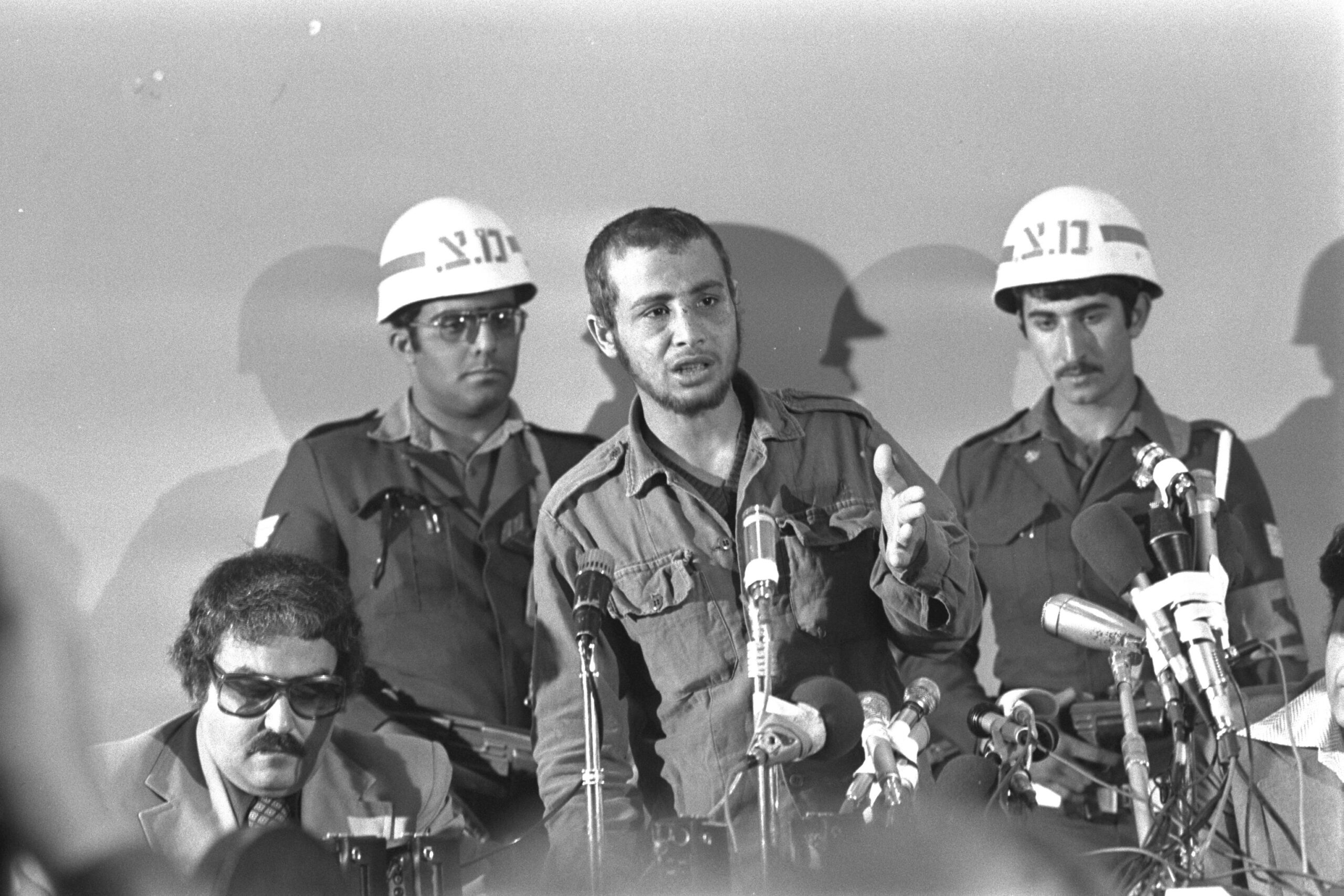38 Killed in Coastal Road Massacre

March 11, 1978
On the eve of Prime Minister Menachem Begin’s planned departure for the United States for peace discussions with Egypt, a group of eleven Palestinian terrorists, who had departed from Lebanon by boat on March 9th, landed on a beach head north of Tel Aviv and embarked on one of the worst terrorist attacks in Israel’s history, the Coastal Road Massacre.
The terrorists first hijacked a taxi cab and later two buses, eventually killing 38 civilians, including 17 children, before a shootout with the Israeli police ended the attack. The attack was meant to derail the upcoming peace talks between Israel and Egypt.
Two days later, Prime Minister Begin, who delayed his trip to the US, told the Knesset, “Gone forever are the days when Jewish blood could be shed with impunity. … We shall do what has to be done.” In response, on March 14th, Israel would launch “Operation Litani,” a six-day military campaign designed to destroy PLO terrorist positions in Southern Lebanon and create a buffer zone. The UN assigned a 3,000-man international force, the United Nations Interim Force in Lebanon (UNIFIL), to police the buffer zone and enforce Israeli withdrawal. Since UNIFIL was not successful in stopping Palestinian terrorist attacks, Israel once again reentered Lebanon in June 1982 to try and silence the attacks.
For more:
From the Jewish Telegraphic Agency from March 13, 1978: http://www.jta.org/1978/03/13/archive/a-day-of-terror